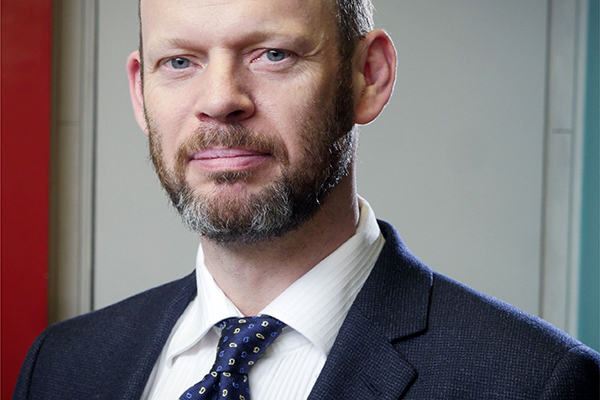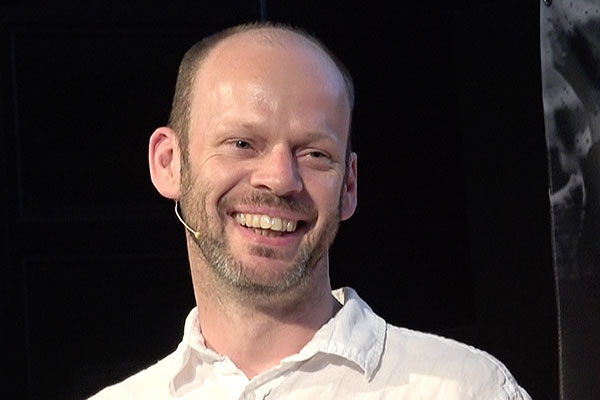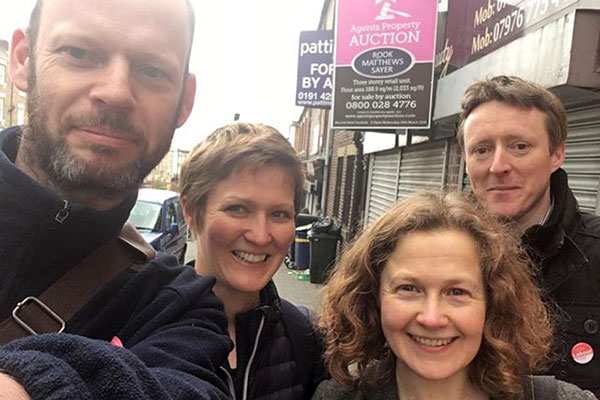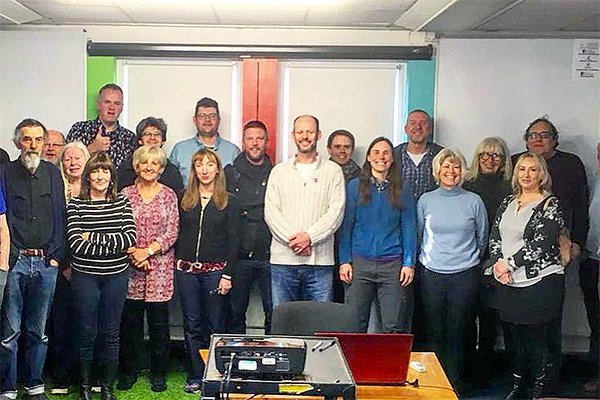“Industry without art is brutality”

What do the 1900th anniversary of Hadrian’s Wall, the Rugby League World Cup and The Lindisfarne Gospels have in common? (It’s not a Christmas cracker joke). They’re all part of our year-long programme of cultural events. Backed with £2.6 million funding from the North of Tyne, these – and others – are taking place across our region in 2022.
“Industry Without Art is Brutality”. That’s the slogan of the Artists’ Union England has across their banner. They’re a recently-formed trade union for creatives, and I think their slogan nails it.
Good jobs, warm, secure housing, public services and a clean environment are all vital for a decent and dignified life. Yes, culture creates jobs. But without art and culture our life would be sterile, our wellbeing incomplete. That can mean everything from a Leonardo Da Vinci exhibition at The Laing to being on the terraces at St. James’ (regardless of the result).
Culture enriches our emotional world and mental health. It promotes social solidarity and inclusion. It makes us happy. It’s no accident that medics are increasingly using social subscribing. Evidence proves that people with depression benefit from arts activities. We all do. That means our £2.6million Culture and Creative Programme is a sound investment in our collective wellbeing.
If you’ve read Dan Jackson’s fantastic book, The Northumbrians, you’ll know our region has deep and diverse cultural roots. A rich literary heritage stretches back to the seventh century manuscripts produced by the monks at Lindisfarne and Jarrow. Our history of mining and shipbuilding gave us traditions of working-class solidarity and communalism as well as The Pitmen Painters.
Our programme reflects this cultural diversity. There are high profile events, like the return of the 1,300 year old Lindisfarne Gospels to the North East. They’ll be on display at The Laing throughout the autumn. Exiled in London since they were taken from Durham Cathedral in the 1530s by Henry Tudor’s men, Dan Jackson describes them as Northumbria’s Elgin Marbles.
Culture isn’t all about looking at things. Taking part can be even more fun. Our Crowdfund North of Tyne supports projects from local wartime history to community film making.
Our North of Tyne Under the Stars story-telling events, through January and February, will weave together the stories from places across our region. There’ll be free events in neighbourhoods from Hexham to North Shields, all leading up to a spectacular festival in Newcastle in early February (Covid allowing!). This is the first event of its kind in our region. Stories give us a sense of who we are and where we belong. Story-telling is a fundamental part of being human. The North East has a rich heritage, and this event will enable our communities to tell their own stories.
Culture is dynamic. There is not, and never has been, a fixed and easily defined “Britishness”. The movement of peoples from other cultural heritages have shaped our regional for millennia.
Our Hadrian’s Wall 1900 events celebrate the 1900th anniversary of its construction. Today it’s an iconic UNESCO World Heritage Site. But writing on a freezing winter’s day, I’m imagining the shock it must have been for those Roman soldiers stationed here. Coming to this cold, edge of empire outpost in the wilds of Cumbria and Northumberland. Chesters housed troops from Syria. At Carlisle, Algerians, and at Arbeia (South Shields) there were Iraqi bargemen from the Tigris. Their diet will have changed too. Food is a big part of culture.
There’s evidence that some of them put down roots here, and maybe had some influence on local culture. Over the following centuries our regional culture and identity has been shaped by movements of other peoples. Anglo Saxons, Norse and Normans and in more recent times the Irish diaspora from the nineteenth century onwards. You don’t have to go back very far to see that we’ve always been influenced – and enriched – by sharing cultural traditions. (And Stewart Lee does a great comedy routine on this).
And it will continue – we’ve recently welcomed to our region families fleeing from persecution and war in Syria, Iraq and Afghanistan. They too, will help shape our culture and contribute to our cultural life.
*Originally published in the Journal and Evening Chronicle 10 Jan 2022





